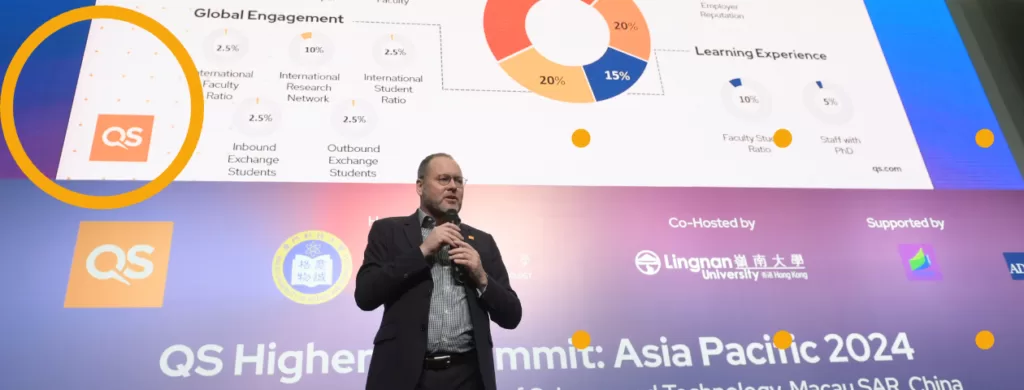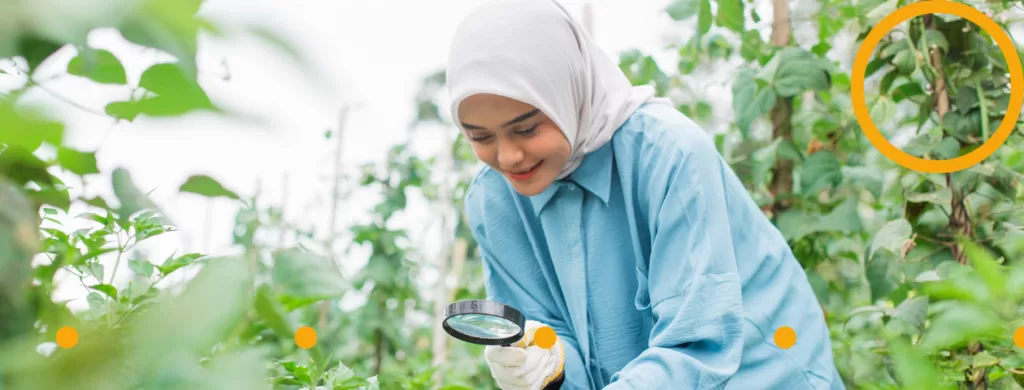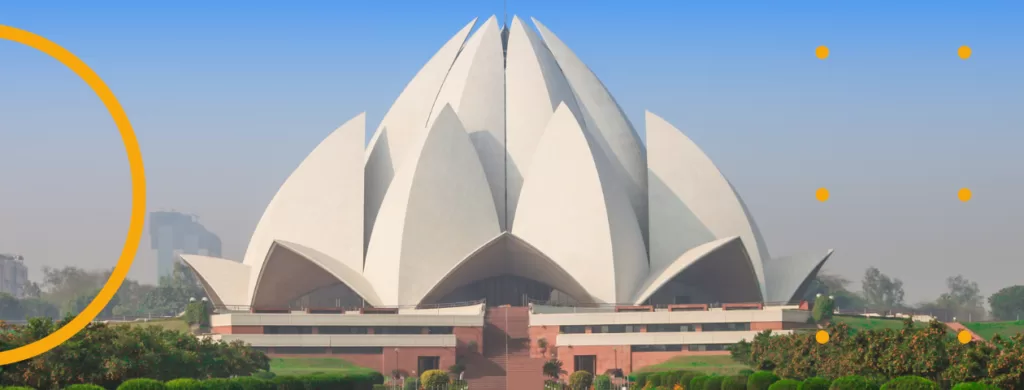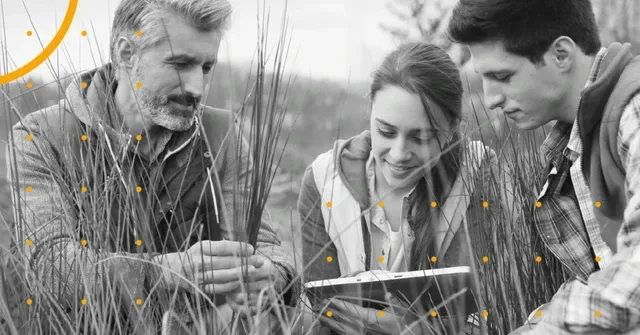
“The United Nation’s goals for sustainable development spread much further than just green goals.”
COP28 — the world’s annual climate summit — saw nations agree, for the first time, to transition away from fossil fuels to avert the worst effects of climate change. It’s being received as a major step forward in the fight against climate change. Alongside diplomats making deals, COP plays host to events and panels for sustainability thought leaders to attend, share knowledge, and inspire.
Dr Drew MacFarlane, Senior Research Manager at QS, and instigator of the QS World University Rankings: Sustainability, was invited to two events being held as part of COP28 in the United Arab Emirates.
What did you do at COP28?
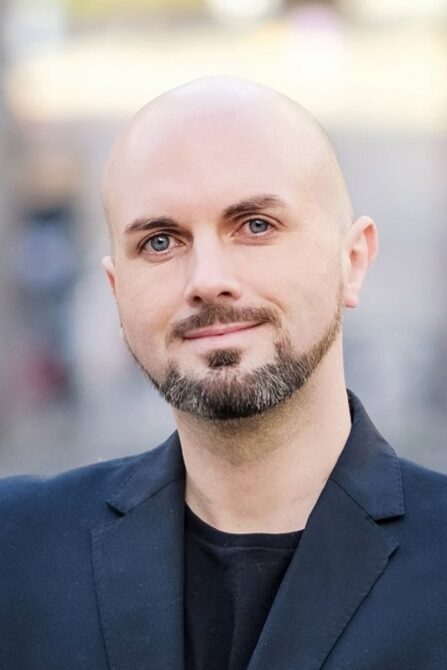
I was invited to speak at an education-focused panel discussing the challenges facing us in getting to a more sustainable future, joined by British MP Chris Skidmore — the minister who signed the UK’s net-zero commitment into law — and Sir Steve Smith — a former Vice-Chancellor of the University of Exeter. We looked at sustainability from three different perspectives. I spoke about why universities are uniquely placed to transform our society and the environment.
There was also the COP28 Expo, where I spoke about the QS Sustainability Framework. We were invited by the United Arab Emirates University to show other universities what QS is assessing in the Sustainability Rankings, and what our framework is in that area.
What makes universities uniquely placed to transform our society and the environment?
As I outlined on the panel, most universities work across all 17 of the United Nations’ Sustainable Development Goals (SDGs), teaching and researching arts and humanities right through to the natural sciences and medicine. I’ve heard universities referred to as the living labs of sustainability.
Anybody who’s going to make a difference in this sphere, more than likely, is going to go through university. No other industry can say that. Universities are educating the future workforce, researchers and politicians, and if they aren’t giving them the right skillset, they’re failing their social contract — many universities are publicly funded, and the benefits must reach everyone – whether they attended university or not.
When you enter university, there should be some sort of sustainability road map for you to understand sustainable development by the time you graduate.
The third angle I took was that by 2030, the total number of students in higher education is expected to reach 380m, which is more people than the USA — the world’s third most populous nation. The resource implications of that are huge. Donella Meadows, the environmental scientist known for systems thinking, said that: “All growth is not good. The environment is necessity, not a luxury. There is such a thing as enough. So, higher education needs to be asking itself: why are we growing, and is this growth commensurate with our positive impact?”
What can universities do to improve their sustainability?
The first thing they can do is commit to improving it. It costs little to implement some of the institutional policies that you need to create a good framework. In fact, a lot of institutions have done well in this area already — carbon reduction strategies, sustainable procurement, anti-bribery and inclusive hiring practices all contribute to the SDGs.
Building out sustainable literacy throughout all programme curriculums is another thing universities can do relatively quickly. Challenge your faculty to find connections between the current curriculum and sustainable development. There are connections everywhere if you look for them.
Research, of course, is a longer-term project, and a lot more expensive. It does and will continue to play a crucial role in the work towards a sustainable future, though.
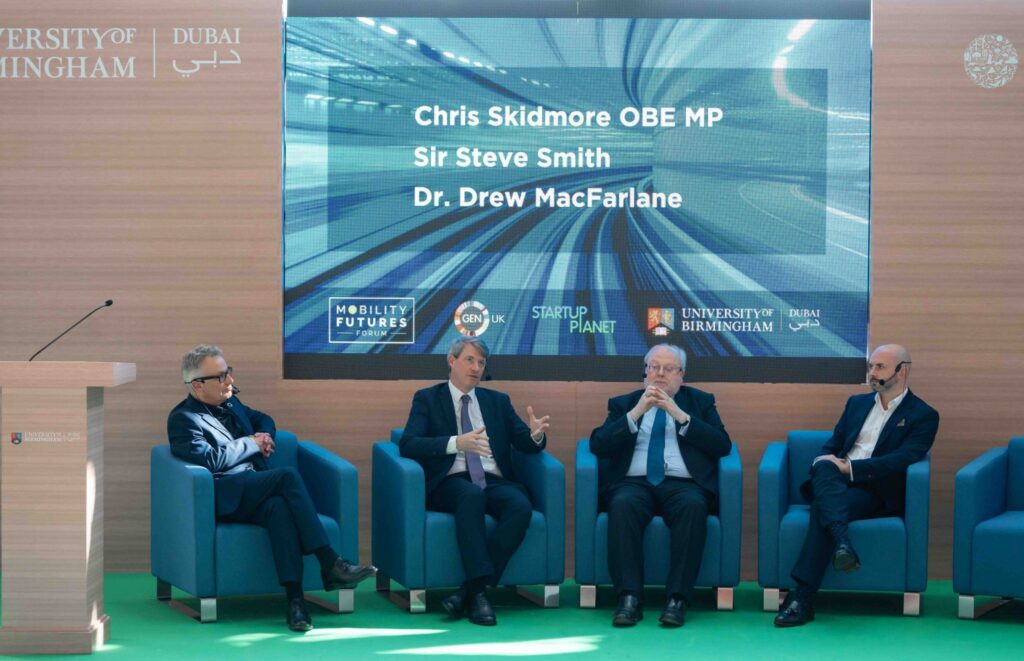
What did you learn at COP28? What did you help universities understand?
During my talk at the Expo, a lot of Middle Eastern universities were in attendance. The conversations I had with the audience really showed how seriously their universities are taking their commitment to a more sustainable world. All nations have their own social and political challenges to delivering on it but they’re keen to find out how they can work with the SDGs.
I really tried to show how big higher education’s footprint was. In terms of the emissions which millions of students create, but also how those students and their institutions have a unique ability to solve real-world problems. Higher education can often feel so disparate and incoherent, that I was trying to show that we’re all one sector and have common goals.
Looking forward to 2024, what are the key themes in higher education in relation to sustainability?
Students will continue to research universities’ commitments to sustainability, but I don’t think we’re at the stage where students understand sustainable development. Universities need to be building sustainable literacy for students, in the same way that when I was an undergrad, we had IT literacy embedded in our curriculum.
41% of students have actively researched environmental sustainability strategy or efforts of prospective institutions, according to the QS International Student Survey 2023.
When you enter university, there should be some sort of sustainability road map for you to understand sustainable development by the time you graduate. Understanding SDGs is one part of that. I think 2024 is when we’ll start to see universities offering that to students.
Similar to what I was saying at COP, I think universities will start to adopt a common reporting framework, such as the GRI, to unify the sector. We adopted some of the GRI standards in the QS World University Rankings: Sustainability, and we will be looking at some of the emerging frameworks, such as the International Financial Reporting Standards, as we build out future editions.
Did you have any conversations about the sustainability rankings while at COP?
I got the sense that they’re perceived as a valuable tool that looks at the wider impact a university can make on their sustainability. Lots of frameworks are based on data institutions input but ours looks more widely at partnerships, alumni impact and research outcomes. Universities will be using our ranking to make the case for greater funding, hiring higher quality faculty, and investing more in the areas that help deliver towards a more sustainable education.
